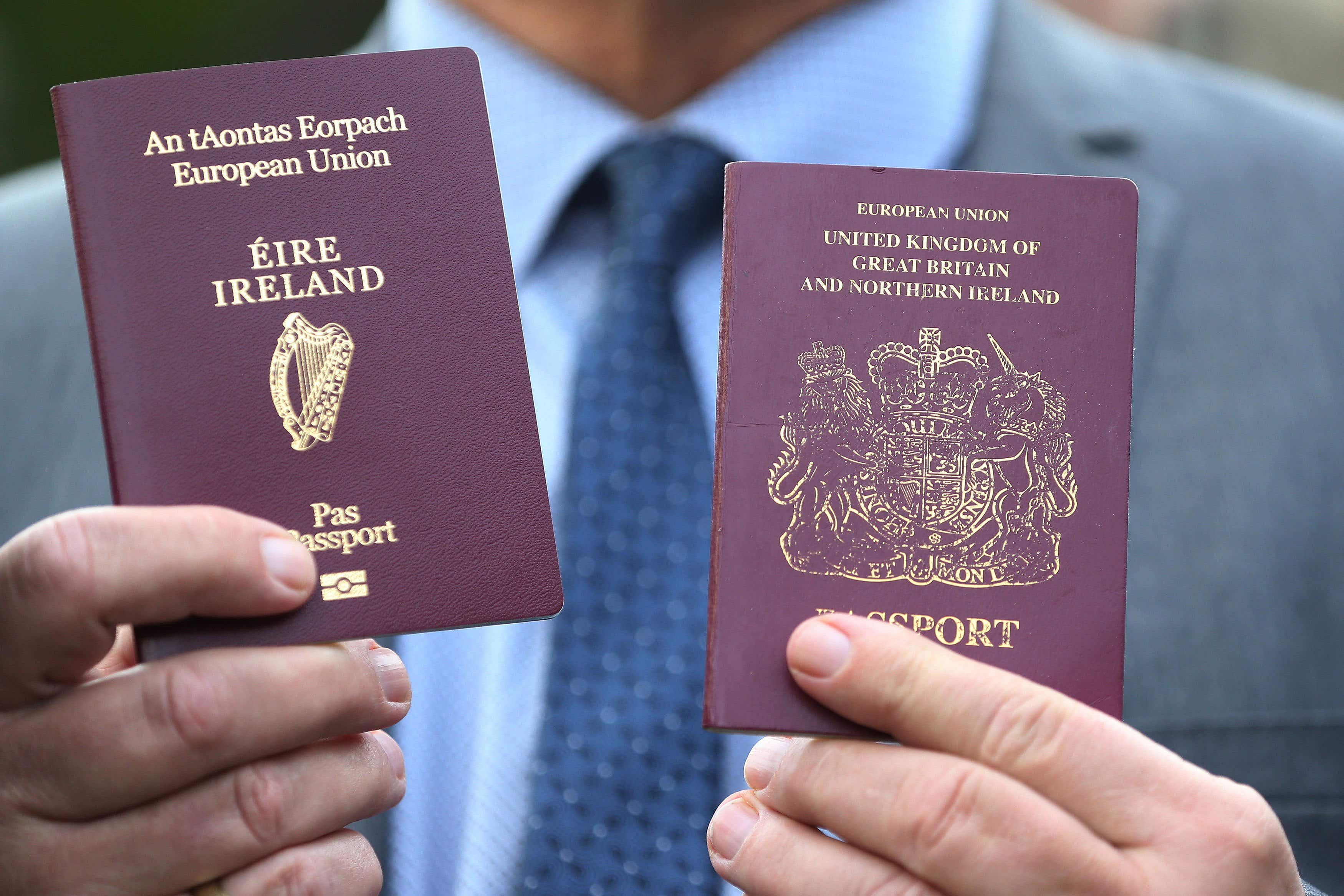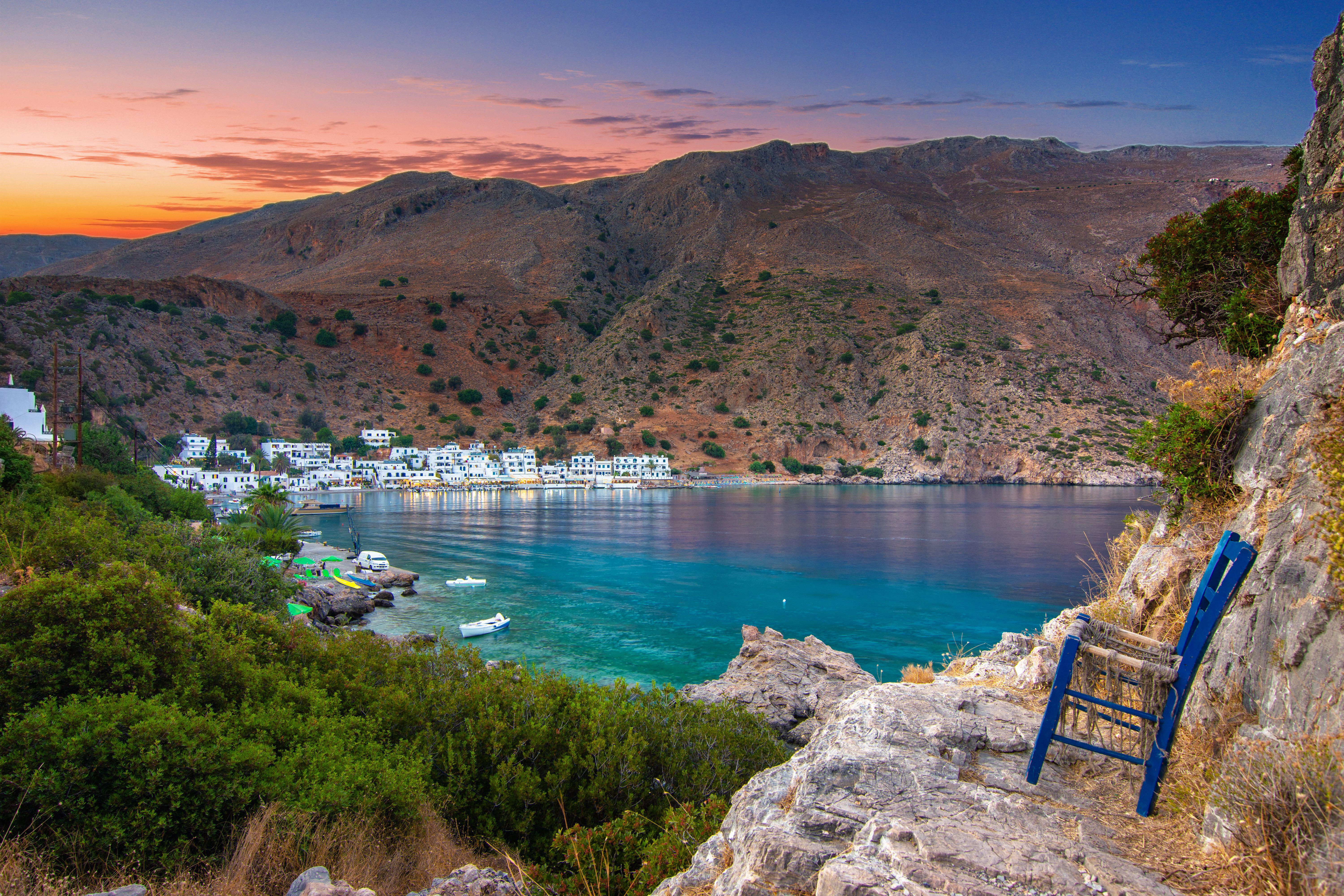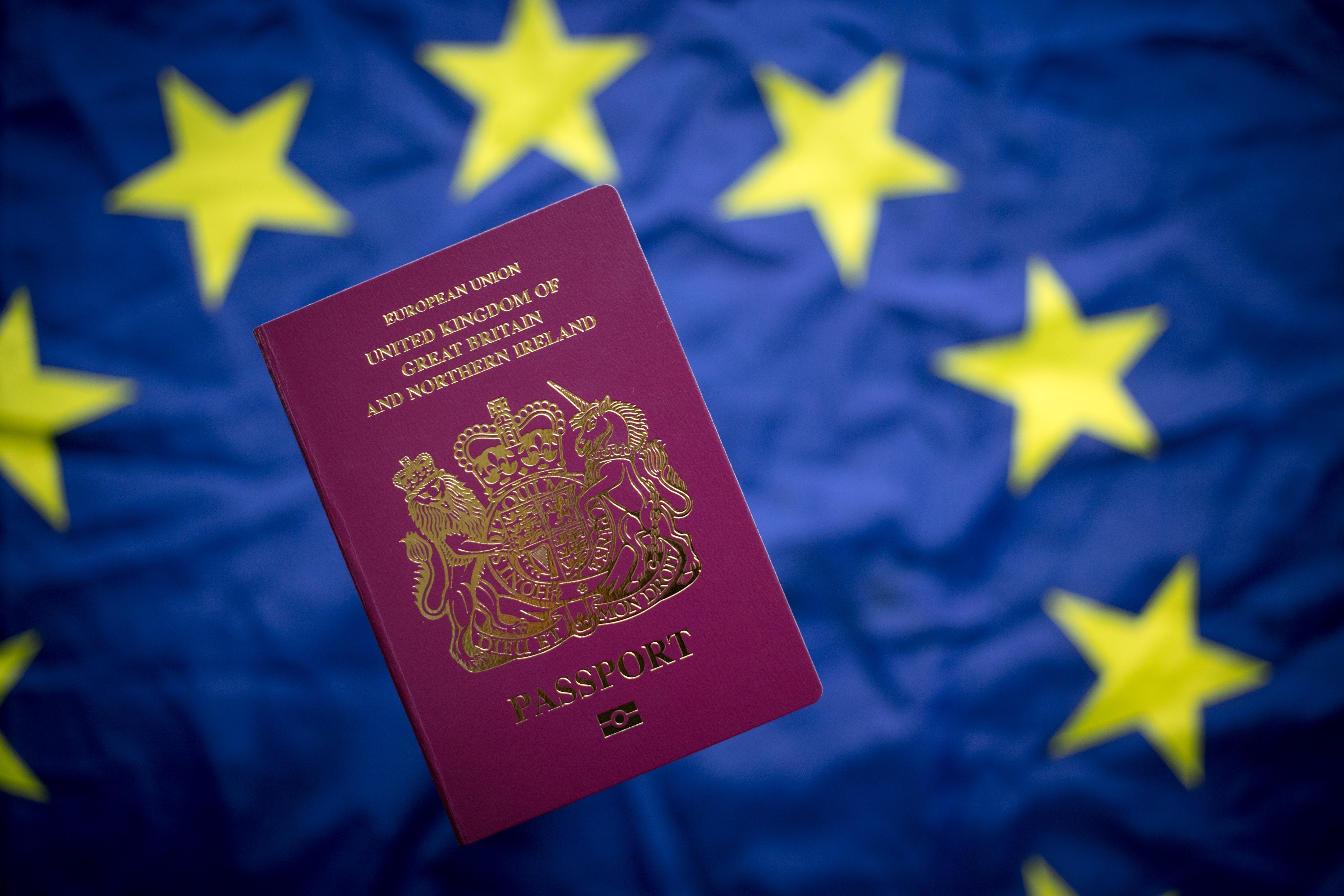Will an Irish passport shield me from Brexit travel woes?
Simon Calder answers your questions on EU travel rules, touring the Baltic states, the best Greek islands, and passport expiration


Q As an Irish and British citizen living in the UK, I believe that I should not be affected by the requirement in future to be fingerprinted when travelling to the EU, nor to get the Etias permit. However, there are two points on which I would appreciate your guidance. Will I have to queue with travellers who need biometric checks – and therefore risk being delayed – or will EU citizens have faster clearance at the border? If I am driving a UK-registered car, will I be processed with other UK citizens and subject to the risk of 15-hour waits for clearance, or will my EU passport allow quicker crossing of the border?
Tony R
A The next twist of the Brexit knife for UK travellers will be the requirement, currently expected to be from 10 November this year, for fingerprinting and facial biometrics on entering the Schengen area (which now includes everywhere in the EU apart from Ireland and Cyprus, as well as Iceland, Norway and Switzerland). Once the full misery of the added queuing time becomes apparent, I predict another surge in demand for Irish passports from those lucky people living in the UK who qualify by descent for a precious EU passport.
With an Irish passport already, you have every reason to feel smug as you breeze past us all, clutching our “blue” British passports. The rules for EU citizens are simple. All the frontier official can do is check that your passport is valid and that it belongs to you. So there will be a fast track at Dover (for ferries) and Folkestone (for Channel Tunnel), especially for Europeans. The registration of your car is not relevant; what counts is the nationality of the people in it. Vehicles occupied only by EU citizens like you will be rushed through (give us a cheery wave as you go).
Some possibility remains that you may be delayed on the way to the departure point in east Kent if the predictions of gridlock come true. It is difficult to tell in advance, but to avoid the risk you can opt for the excellent Newhaven-Dieppe ferry link. All formalities will take place at the French port, and once again you can speed through – avoiding the traffic jams that were entirely predictable after the vote to leave the EU. The usual reminder that this red tape is exactly what the Boris Johnson government negotiated on our behalf after the Leave vote.

Q You recently recommended a journey from Klaipeda in Lithuania via Riga in Latvia to Tallinn in Estonia. This trip has great appeal. But I was wondering what you would advise in planning the journey. Is it best to use the bus between cities? We understand there is a good frequent bus service and that the train is infrequent and unreliable. Or should we hire a car?
Finally, could we include Kaunas and Vilnius in the itinerary?
Nick W
A My recommendation was based on a most rewarding journey through the Baltic republics two years ago. It began at Klaipeda on the Lithuanian coast. From this friendly resort I went inland to the handsome city of Siauliai in north-central Lithuania, including a visit to the Hill of Crosses – a pilgrimage site around seven miles north. From here, Riga is fairly close, followed by a coastal journey to Prague in Estonia and onwards to the beautiful capital, Tallinn.
In terms of transport: hiring a car is unnecessary, and it would be extremely expensive to take a one-way rental from Lithuania to Estonia. Klaipeda to Siauliai was by an impressive train, with the rest mostly by bus. Lux was the main coach line, but FlixBus is also increasingly competitive.
You can book on the bus company apps as you go along. Don’t worry about committing in advance: from what I could see there was no need to do so, and no obvious benefit. I did a modest amount of hitchhiking, mostly to and beyond the Hill of Crosses, but taxis are affordable if you prefer not to thumb.
Adding in extra stops is easy, though embracing the Lithuanian capital, Vilnius, and second city, Kaunas, would include some doubling back. Probably best either to leave out these two, or decide to start in Vilnius and save Klaipeda for some other time – perhaps when the Russian enclave of Kaliningrad is once again open and a reasonable option to visit, whenever that might be.

Q How many Greek islands have you been to? Which is your favourite, and are there any to which you wouldn’t return?
John R
A Greek islands are all about quality, not quantity. But if you insist on a total, then in order of visits: Crete, Spetses, Hydra, Paros, Antiparos, Naxos, Mykonos, Santorini, Corfu, Paxi, Skiathos, Poros, Spinalonga, Kefalonia, Kos, Lesbos, Thassos, Zante and Rhodes. Nineteen, and I hope to increase that score by one this weekend with the addition of Aegina, near Athens. (I am currently stationed in Poros.)
Crete, the first island I visited in 1975, remains the favourite for its sheer diversity, depth of history and warmth – human as well as meteorological. Heraklion, the big city, is far from a postcard-perfect island capital, but the presence of the Minoan palace complex of Knossos, just south, is a European wonder. The archaeological museum is also excellent. But I prefer the harbourside charms of Chania to the west and Agios Nikolaos to the east, together with the beautiful bay of Elounda. I will return to explore much more.
I am not desperate to return to most of the others: not because they did not appeal, but because I am happy to have explored and experienced them. I think I have walked every inch of coastline, savoured the history and devoured the food in Santorini, Zante, Kos and others. There are many more I look forward to visiting, including Agistri and Kea (both near Athens) and Simi, near Rhodes. So many islands, so little time.
But of the 19, there are a few besides Crete to which I will happily return again and again. They tend to be the larger islands: Rhodes, with such a repertoire of history and good looks; Thassos in the far north, so tantalisingly green and beautiful that one visit is simply not enough; and Corfu, relaxed and accessible.

Q We fly to Auckland in New Zealand with Malaysia Airlines on 5 December with a three-hour stopover in Kuala Lumpur. We return on 5 March 2025, with a three-hour stopover in Dubai on Emirates. My wife’s passport was issued on 31 January 2015 but expires 30 June 2025. Does she need to renew her passport before we travel?
Chris C
A First, don’t fret about the issue date of any British passport when you are travelling beyond the European Union (not Ireland) and the wider Schengen area. Only the EU cares about passports being over 10 years old. For your final destination, New Zealand, the Foreign Office says British passports “must have an ‘expiry date’ at least three months after the day you plan to leave”. Your wife’s passport clearly meets this condition.
As far as I am aware, only the UK, US and Canada apply the rather eccentric policy of requiring passengers in transit to comply with the same rules as “terminating travellers” – ie those who are ending their journey rather than transferring to another international flight. The standard policy for big international air hubs is that they are uninterested in whether you meet local immigration rules – so long as you remain “airside” while in transit. This is the case for Kuala Lumpur.
Oddly, the Foreign Office says of Dubai airport: “If you’re travelling through the UAE and not passing through immigration, your passport must have an expiry date at least three months after the date you will transit.” I have found no official sources to back this up, and I suspect it may reflect some confusion about the requirements for a transit visa – something you will not need as British citizens. In any event, your wife will once again clear this condition.
Finally, I am sure you know that you will need a New Zealand electronic travel authority (NZeTA). Please apply before 1 October this year or you will find the price increases sharply: the International Visitor Conservation and Tourism Levy (IVL), which you pay for when applying for the NZeTA, will rise on that date from NZ$35 to NZ$100 – adding a shade over £30 per person to the cost of the trip.
Email your question to s@hols.tv or tweet @SimonCalder






Join our commenting forum
Join thought-provoking conversations, follow other Independent readers and see their replies
Comments